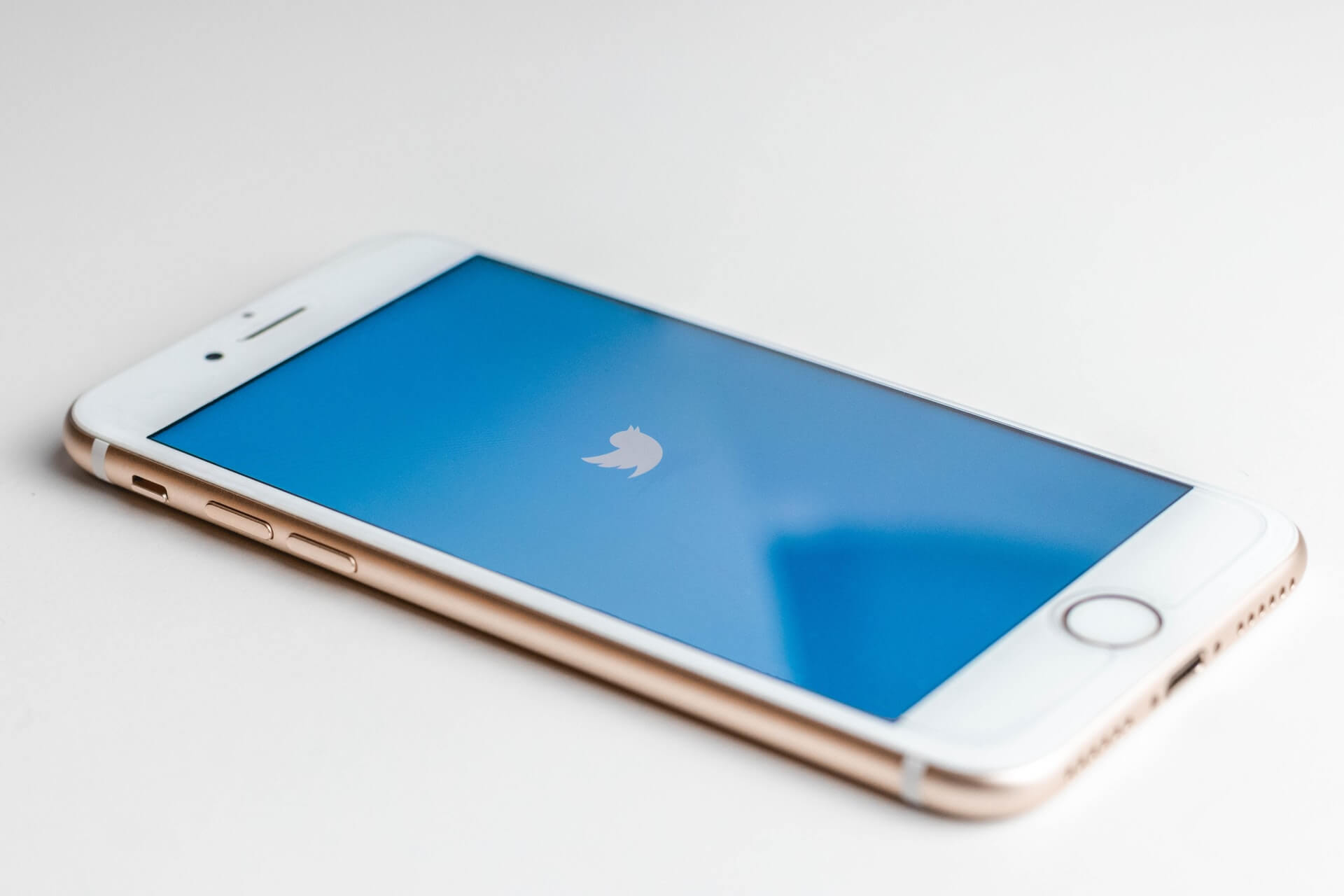Leadership Facepalm, Part Three
by David Klemt

We almost got to next year without another viral leadership facepalm moment but then an Olive Garden manager sent a memo.
In case you’re unaware of the now-infamous Olive Garden memo, here’s a recap:
- Zero tolerance for calling off.
- Sick team members must come in and prove they’re ill.
- If someone’s dog dies, they must bring the dead animal in to prove its death.
- Family emergencies are not private and must come with an explanation.
The manager who authored the memo also takes time to boast about their perfect attendance record.
For the curious, the first entry in our leadership facepalms is here. Part two is here.
The Letter
Below you’ll find the letter, addressed to “ALL Team Members.” To read it in its entirety, click here.
“Our call offs are occurring at a staggering rate. From now on, if you call off, you might as well go out and look for another job. We are no longer tolerating ANY excuse for calling off. If you’re sick, you need to come prove it to us. If your dog died, you need to bring him in and prove it to us.”
I highly doubt that’s Olive Garden or Darden policy.
“If its a ‘family emergency’ and you can’t say, too bad. Go work somewhere else. If you only want morning shifts, too bad go work at a bank. If anyone from here on out calls out more than ONCE in the next 30 days you will not have a job.”
It doesn’t get any better when the manager brings up their own track record:
“Do you know in my 11.5 years at Darden how many days I called off? Zero. I came in sick. I got in a wreck literally on my to work one time, airbags went off and my car was totaled, but you know what, I made it to work, ON TIME! There are no more excuses.”
Interestingly, the manager implies they’re speaking for all the leaders:
“Us, collectively as a management team have had enough.”
A Breaking Point
First, I’m not pretending a staggering amount of operators, leadership teams, and team members aren’t at their breaking points. The labor shortage and staffing struggles are a real crisis in our industry (and others, of course).
Second, I’m not suggesting that operators and their teams aren’t justified in their frustration and anger.
If we’re to accept just this year’s reporting alone, it appears many people are comfortable being rude to service workers. It’s a disturbing trend, and it’s motivating people to leave public-facing roles. As they’re leaving, many are swearing off the hospitality industry entirely.
Third, I think the memo above highlights our need to address mental health in this industry. Sure, it’s easy to write this manager off as a jerk and terrible leader. But what if we look at this through the lens of stress?
The memo could easily be the manifestation of a breaking point. It’s also possible the entire management team was behind this email.
Damage Done
Let’s look at this situation solely as an example of poor judgment and leadership. Imagine the damage it could do to any restaurant or bar, chain or independent.
What do you think a memo like this does to the ability to recruit? To retain? How does such an email do anything but exacerbate labor problems?
Darden, Olive Garden’s parent, went into crisis management mode when this memo went viral. It appeared on Reddit, was picked up by news outlets and other websites, and exploded.
Ultimately, Darden terminated the manager to whom the memo is attributed: “We strive to provide a caring and respectful work environment for our team members. This message is not aligned with our company’s values. We can confirm we have parted ways with this manager.”
The Olive Garden location in Kansas where this situation took place may recover. They’re a large chain, people tend to have short memories for news, and regulars will likely stay loyal.
But what if this occurred at an independent restaurant? The damage could be irreparable.
Work Culture
Now, it should be obvious that from a simply operational standpoint, this situation highlights an unhealthy work environment and culture. That should go without saying.
So, instead I want to say something else.
Operators need to check in with their team members. Leaders, front of house, back of house—everyone. Stress levels are reaching breaking points and every one of your team members needs to know they matter, they’re safe, and they’re supported.
Check in. Survey your team. Be empathetic. And if you’re an operator, you need a support system of your own.
Being a leader doesn’t mean being infallible. It’s not poor leadership or weakness to admit you need help.
Image: Nik Shuliahin 💛💙 on Unsplash



